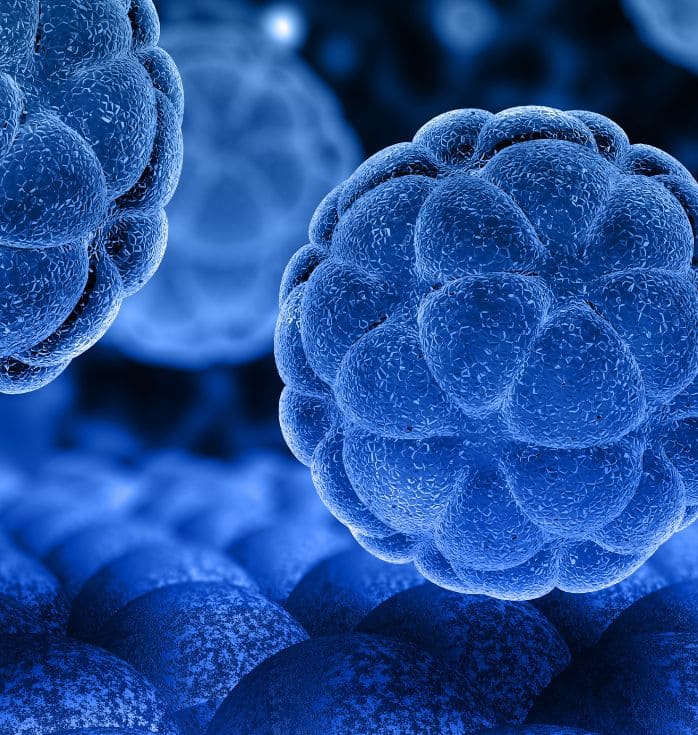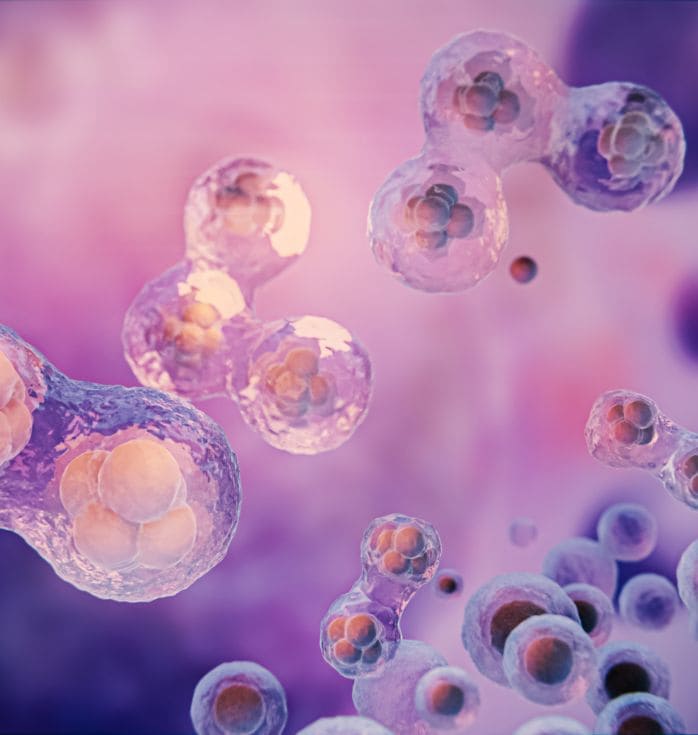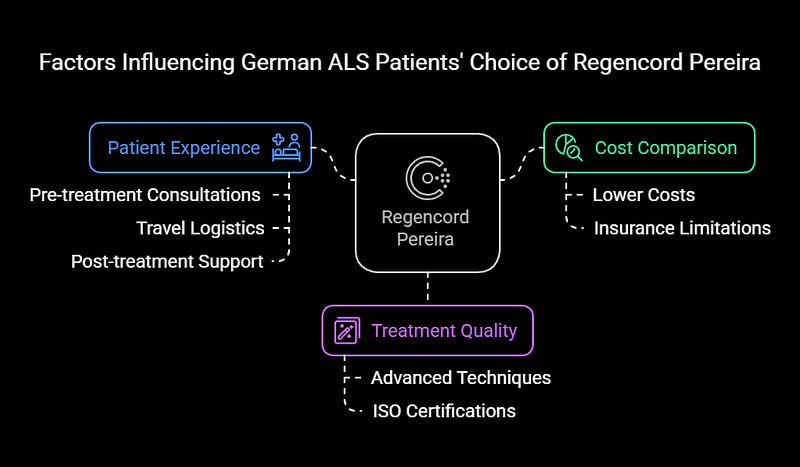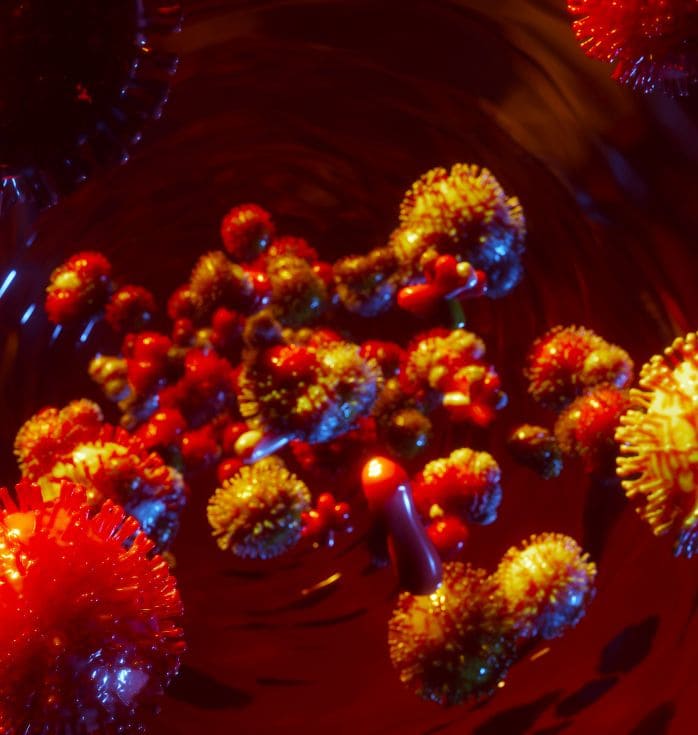German ALS stem cell treatment costs 70% more than similar treatments in Colombia. Colombian advanced therapy prices range from $5,000 to $15,000. This huge price gap makes many German patients look for treatment options abroad, seeking the best country for stem cell treatment.
Colombian stem cell clinics have built a strong reputation beyond just cost savings. Their quality care and innovative treatments stand out. Regencord Pereira’s certified specialists use advanced techniques like more potent passage 3 mesenchymal stem cells. The clinic’s care packages include everything from pre-treatment assessments to lab tests. They monitor patients closely after treatment to ensure the best results, making it a top choice for those seeking the best ALS treatment in the world.


“A treatment that could stop the progression of ALS or cure the disease does not exist yet. The disease is always fatal. Therapy is therefore primarily aimed at alleviating discomfort and making everyday life easier with suitable aids.” — German Center for Neurodegenerative Diseases, Leading research institution for neurodegenerative diseases in Germany
German ALS patients face the most important challenges in their national healthcare system. This often forces them to look for treatment options in other countries, including stem cell therapy in Germany and abroad. Many patients are seeking an amyotrophic lateral sclerosis cure or at least more effective treatments to slow disease progression.
The treatment options for ALS in Germany are very limited. Europe has approved only riluzole as a disease-modifying treatment for ALS. Clinical registries show riluzole can help patients live up to 10 months longer. However, this small benefit doesn't help much against this devastating disease. Other countries like the US, Canada, South Korea, and Switzerland have approved other medications such as edaravone, but Germany hasn't yet.
German doctors focus on managing symptoms rather than modifying the disease itself. We still don't have any treatment that can stop ALS or cure it. This lack of options pushes German patients to look elsewhere for innovative treatments. Many seek stem cell therapy for ALS that targets the disease mechanisms instead of just treating symptoms. The University Hospital Ulm and Charite University Hospital Berlin are among the top institutions in Germany conducting stem cell research for ALS, but treatment options remain limited.
ALS stem cell treatment cost in Germany is overwhelming. Each patient spends about 78,256€ per year, with lifetime costs reaching 246,184€. The total burden on Germany amounts to 519,776,352€ annually.
Family members provide informal care that makes up almost half (46.2%) of these costs. Direct medical expenses account for 35.9% of total spending. Patients must pay 7.9% of the total costs from their own pockets. This creates a huge financial burden for families already dealing with this terrible diagnosis.
German patients spend around USD 4,700 yearly on complementary and alternative medicines (CAM). Healthcare insurance won't cover these costs for 65% of users. The high Germany stem cell therapy cost is another factor driving patients to seek treatment abroad, including options to buy stem cell injections or explore placenta stem cell therapy.
Insurance status greatly affects access to care in Germany. Patients with Statutory Health Insurance (SHI) wait about 3.08 times longer for appointments than those with Private Health Insurance (PHI). SHI patients waited around 28 days in 2014 and 31 days in 2016 to see specialists. PHI patients only waited 14 days in 2014 and 8 days in 2016.
German patients also struggle to get vital assistive technology devices (ATDs). Health insurance companies deny 52% of powered wheelchair requests and 39% of communication device requests. This happens because insurances refuse coverage, patients change their minds, or patients die before receiving the equipment.
These limitations in regular care, high costs, and frustrating barriers push German ALS patients to look for other options abroad. Many turn to stem cell therapy which offers hope beyond Germany's current standard of care. Patients are increasingly asking where to get stem cell treatment for ALS that combines quality care with affordability.

Stem cells show great promise for ALS patients who need more than just symptom management. These treatments could revolutionize how we tackle disease progression through regenerative medicine.
Stem cells use multiple approaches to curb ALS progression. We discovered that they create a protective environment around diseased motor neurons that slows down neurodegeneration. These remarkable cells release special proteins called neurotrophic factors that protect and support motor neurons. For instance, scientists have engineered specific stem cells to produce glial cell line-derived neurotrophic factor (GDNF), which helps motor neurons survive longer.
Scientists continue to break down various stem cell types for ALS treatment. Mesenchymal stem cells (MSCs) from bone marrow or fat tissue lead the research efforts. Neural stem cells (NSCs) or neural progenitor cells can develop into helpful glial cells. Induced pluripotent stem cells (iPSCs) created from a patient's own cells offer customized treatment options and are a great way to get research insights.
Scientists have also tested blood or bone marrow hematopoietic stem cells, particularly for their immune-modifying properties. Embryonic stem cells, despite ethical challenges, provide another avenue for research. Adipose-derived stem cells are also being explored for their potential in ALS treatment. Recent studies have also investigated the use of exosomes, small vesicles released by mesenchymal stem cells, which may carry therapeutic benefits for ALS patients.
The clinical research results look promising. The largest longitudinal study of two Phase 1 trials revealed that patients with MSC transplants lived nearly 10 years—118.8 months compared to the expected 70.8 months without treatment. The results showed that 68% of treated patients outlived expectations, and this benefit reached 80% in patients with slower disease progression.
A Phase 1/2a trial using neural progenitor cells proved safe, though researchers need more data about its effectiveness. The FDA hasn't approved any stem cell treatments specifically for ALS yet. Still, ongoing ALS stem cell clinical trials in this field could give German patients more options beyond standard treatments, especially through specialized facilities like Regencord Pereira that use these advanced therapies.


“With 11 years of experience and over 5,376 patients treated, our expertise is recognized globally. More than 70% of our patients are from the United States, reflecting our specialization in caring for international patients.” — Regencord, Stem cell therapy center in Pereira, Colombia
Regencord Pereira stands out as the top choice for German ALS patients who need advanced stem cell treatments outside their country. The facility sits in Colombia’s beautiful Eje Cafetero region and provides unique benefits that German patients find appealing, making it one of the best stem cell therapy clinics in the world.
Regencord’s approach to ALS differs from standard therapies, backed by their experience with over 5,000 patients worldwide across ten years. The core team consists of experts in biology, genetics, medicine, and bacteriology who cooperate to create personalized treatments. Their stem cell protocols target multiple ALS aspects at once by replacing damaged cells, rejuvenating aging cells, repairing inflammation, and reducing cell death. The treatment results speak volumes – more than 90% of patients report positive outcomes with zero serious adverse events.
The facility upholds exceptional quality standards through modern laboratory equipment. Their stem cell production meets multiple ISO certifications: ISO 9001 (quality management), ISO 13022 (risk management), ISO 14644 (cleanroom standards), and ISO 22859 (biobanking requirements). As members of the International Society for Cell & Gene Therapy, they stay leading in regenerative medicine advances. German patients receive treatments that match or exceed European standards.
Regencord utilizes advanced techniques like stem cell infusion therapy and IV stem cell therapy to deliver the cells effectively. They also employ precision diagnostics to tailor treatments to each patient's specific condition. The clinic's use of mesenchymal stem cells and exosomes derived from these cells is at the forefront of stem cell research for ALS.
Regencord excels in international patient care, with U.S. patients making up over 70% of their clientele. This extensive experience with global patients helps them provide complete support throughout the treatment process. The clinic's proximity to Matecaña International Airport makes travel convenient, with connections to over 500 worldwide destinations through just one stopover.
German patients see substantial financial benefits. Stem cell therapy costs in Colombia range from $5,000 to $15,000, while German treatments cost 50-70% more. Regencord's ALS treatments start at €6,306 ($6,900), which is a big deal as it means that German alternatives can reach up to €50,000. This significant difference in ALS stem cell treatment cost makes Colombia an attractive option for many patients seeking ALS stem cell treatment Germany alternatives.
German patients looking for innovative ALS treatments at Regencord Pereira will find a clear path forward. Their trip starts well before they reach Colombia and continues after they return home.
The medical team at Regencord starts with a full picture of each patient’s condition. Specialists review medical history, conduct physical examinations, and study imaging results to create a personalized treatment plan. This detailed evaluation will give a treatment approach that matches the patient’s specific needs. German patients should collect all their medical records, test results, and treatment history. Remote consultations let patients start the process from home.
The treatment starts when doctors extract stem cells from the patient or a donor. These cells go through processing in a clean lab before doctors administer them. Experienced specialists perform this minimally invasive procedure, which may include intrathecal injection or other methods of cell delivery. The core team at Regencord works with international patients regularly and provides detailed support throughout each step.
The clinic's protocols often involve the use of mesenchymal stem cells and their derived exosomes, which have shown promise in ALS and stem cells research. Patients may also receive complementary therapies such as physical rehabilitation to enhance the effects of stem cell treatment.
Careful monitoring helps ALS patients recover well. Regencord's aftercare plans include regular check-ups that track progress and adjust treatment when needed. Patients stay in Colombia for a few days or weeks after treatment. This allows doctors to see how well they respond. Back in Germany, telemedicine appointments help continue care. These virtual visits let Regencord's specialists guide patients and watch their progress from a distance.
The clinic may recommend additional therapies such as non-invasive ventilation or HAL therapy to support gait ability and overall function. They also monitor the anti-inflammatory effects and immunomodulatory effects of the stem cell treatment.

German ALS patients struggle with their national healthcare system’s limited treatment options and high costs. Stem cell therapy for ALS at Regencord Pereira stands out as a promising alternative that combines expert medical care with major cost savings.
Regencord’s track record proves reliable and effective with over 5,000 treated patients worldwide. German treatments mostly manage symptoms, but Regencord’s detailed approach tackles multiple ALS aspects through specialized stem cell protocols and new therapeutic techniques.
The cost savings make a real difference – German patients save up to 70% on treatment costs in Colombia. The benefits go beyond just money. Regencord’s ISO-certified facilities, expert medical team, and dedicated support for international patients create the perfect environment for high-quality care throughout the treatment process.
Research backs up stem cell therapy’s potential for ALS patients, and clinical trials show promising survival rates. A cure doesn’t exist yet, but these groundbreaking treatments give hope beyond Germany’s standard options. Patients should think over their choices carefully and talk with medical professionals about their unique cases.
If you or a loved one is living with ALS, exploring all available treatment options is crucial. Contact Regencord Pereira today to learn how their specialized stem cell therapy could offer you new possibilities and a better quality of life.
3-Step Process for Stem Cell Treatment for Arthritis in Hands
Stem cells are unique cells with the ability to develop into various cell types and repair damaged tissues. They are used in regenerative medicine, including treatments for cancer, neurodegenerative diseases, and injuries. Sources include bone marrow, cord blood, and embryos.
(888) 540-4101
Begin your journey with us today! Call us at (888) 540-4101 or complete the form to learn more.


